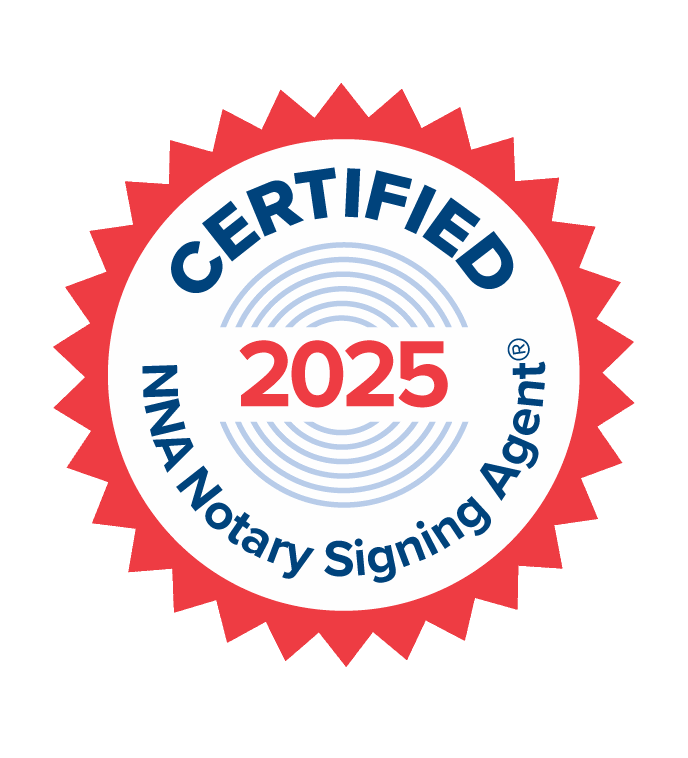Understanding the Notarization Process Step-by-Step
What is Notarization?
Notarization is a critical process that involves the official certification of a document's authenticity. It serves as a fraud-deterrent process, ensuring that a document is genuine, the signature is authentic, and the signer acted without duress or intimidation. This process is conducted by a notary public, an impartial witness appointed by the state to verify the identity of the signers and their willingness to sign the documents.
Notarization is commonly required for legal documents such as property deeds, wills, and powers of attorney. It provides an extra layer of verification that can be crucial in legal disputes or transactions. Understanding this process can help ensure your documents are properly executed and recognized by all parties involved.

The Role of a Notary Public
A notary public is an individual appointed by the state government to serve as an impartial witness in the signing of important documents. The primary role of a notary is to prevent fraud and ensure the proper execution of these documents. They are responsible for verifying the identity of the signers, ensuring that all parties understand the contents of the document, and that they are signing voluntarily.
Notaries are also tasked with maintaining a log of their notarial acts and affixing their official seal or stamp on the document. This seal signifies that the document has been notarized and is legally binding. The presence of a notary public in a transaction can provide peace of mind and legal assurance to all parties involved.
Steps in the Notarization Process
Step 1: Preparation
Before approaching a notary, ensure that the document to be notarized is complete and ready for signing. The notary cannot notarize a document that has blank spaces or is incomplete. Gather all necessary identification documents for the signers, such as a driver's license or passport, to verify their identities.
Step 2: Verification
During the notarization process, the notary will verify the identity of each signer. This involves checking the identification documents to ensure they match the person signing the document. The notary may also ask the signer questions to confirm their understanding and willingness to sign the document.

Step 3: Signing
Once the notary has verified the identities and willingness of the signers, the document will be signed in the notary's presence. This is a crucial step, as the notary must witness the signing to certify the document's authenticity. The notary will then complete the notarial certificate, which includes their signature and seal.
Common Types of Notarized Documents
Notarization is often required for various types of documents, each serving different legal purposes. Some of the most common types include:
- Affidavits: Written statements confirmed by oath or affirmation, used as evidence in court.
- Power of Attorney: A legal document granting someone authority to act on another's behalf.
- Deeds: Legal documents that transfer property ownership from one person to another.
- Wills: Documents outlining the distribution of a person's estate after their death.

Benefits of Notarization
Notarization offers several benefits, primarily centered around enhancing the validity and reliability of documents. By having a document notarized, you are adding an extra layer of security against fraud and forgery. It also increases the document's credibility in legal proceedings, ensuring that it is recognized and accepted by courts and other authorities.
Moreover, notarized documents are often a requirement for certain transactions, such as real estate deals or legal contracts. This requirement underscores the importance of notarization in maintaining trust and transparency in significant transactions.
Conclusion
Understanding the notarization process is essential for anyone involved in legal transactions or document signings. By following the steps outlined above and recognizing the role of a notary public, you can ensure your documents are properly executed and legally binding. Notarization provides peace of mind, knowing that your documents are protected against fraud and are authentic in the eyes of the law.

